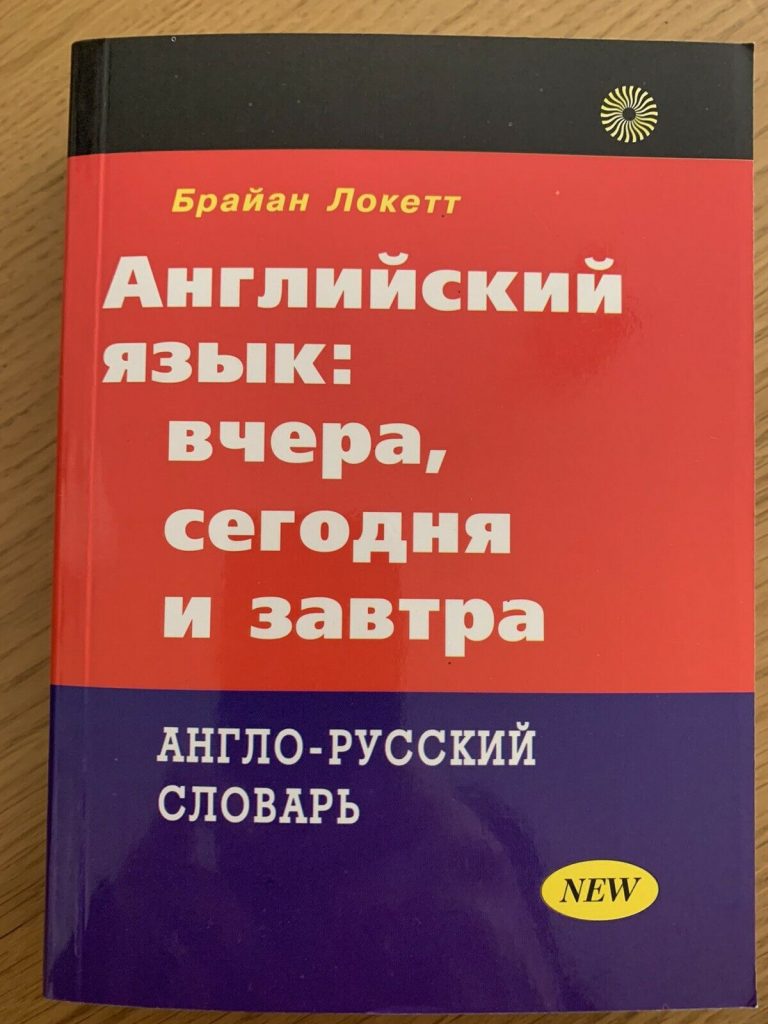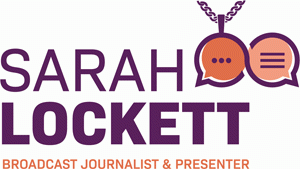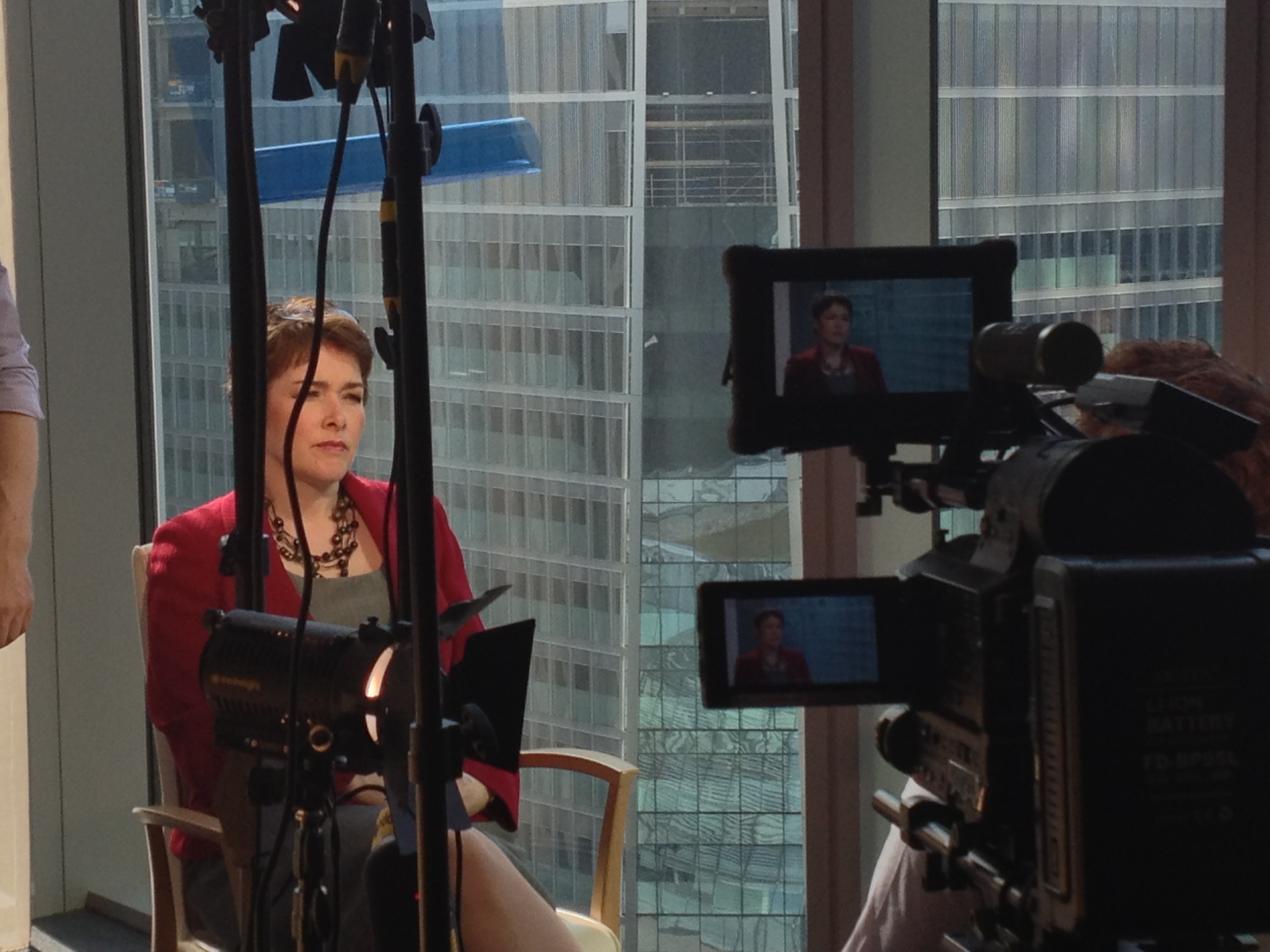We Brits use a lot of idioms: strange phrases that mean nothing to do with their actual words. How are foreigners meant to navigate them? We probably all have international colleagues, whichever business sector we’re in, with differing levels of English: from perfect (and I have almost never found a non-native English speaker with perfect English, but it did happen this week!) to a standard which is… not very good at all, shall we say?
Incidentally, today I have been dealing with a contractor with almost no English, and we have got by with the aid of (a) a mutual friend translating over the phone, (b) Google Translate, (c) gesturing, pointing, exaggerated facial expressions and (d) bright, smiley offers of “Coffee?” whilst proffering biscuits. But I digress.
When I am working with a completely British team/group, I relax a bit because I know I can use any of the odd, expressive phrases that we have in English, plus cultural references and quotes from UK TV programmes – and I know they will understand. When I have a more international group, it’s no problem at all, but I just speak more simply and use the exact word that I mean, rather than more obscure ones. Example: with a recent Swedish au pair, I said, “Oh, and if you can remember to pick up some milk on your way home, that’d be great.” I was met with blank looks. What I needed to say was, “Buy some milk today.” Direct always works (but it’s why some Swedes/foreigners can sometimes sound brusque).
So, back to the title of this post: VPL = Visible Panty Line. Clout = influence/power. Pig’s ear = mess. And you won’t necessarily find these in a standard dictionary. So, for our Russian colleagues in particular, I have a solution. There’s a useful book/dictionary explaining all these very idiomatic phrases – very reasonably-priced – with full explanations in Russian. For the eagle-eyed, yes, it’s written by my dad! He’s a Russophile, Russian teacher and writer, and a great lover of language, like me. Check it out.

And here’s the blurb in Cyrillic :
Английский язык: “вчера, сегодня и завтра“. Англо-русский словарь – Брайан Локетт. Автор словаря знакомит русскоязычного читателя с интересными английскими словами и выражениями, которые не всегда можно найти в обычных словарях: неологизмами, сленговыми выражениями, эвфемизмами. Приводится происхождение того или иного слова или выражения; дается их перевод на русский язык с необходимыми пояснениями. Для переводчиков, преподавателей, школьников и студентов, изучающих английский язык, а также для широкого круга читателей. В словаре содержится около 2000 фразеологизмов. Издательство: Русский язык-Медиа



